Erika Check Hayden is an award-winning, San Francisco-based science and technology reporter. She writes for Nature, and on a freelance basis for a variety of publications, and is a lecturer in the University of California, Santa Cruz Science Communication Program.

Erika Check Hayden
Freelance writer
From this contributor
For studies, size matters: Let us count the ways
In autism research, as in other fields, small sample sizes can lead to false findings. The size of the sample needed for statistical significance depends on the type of study.
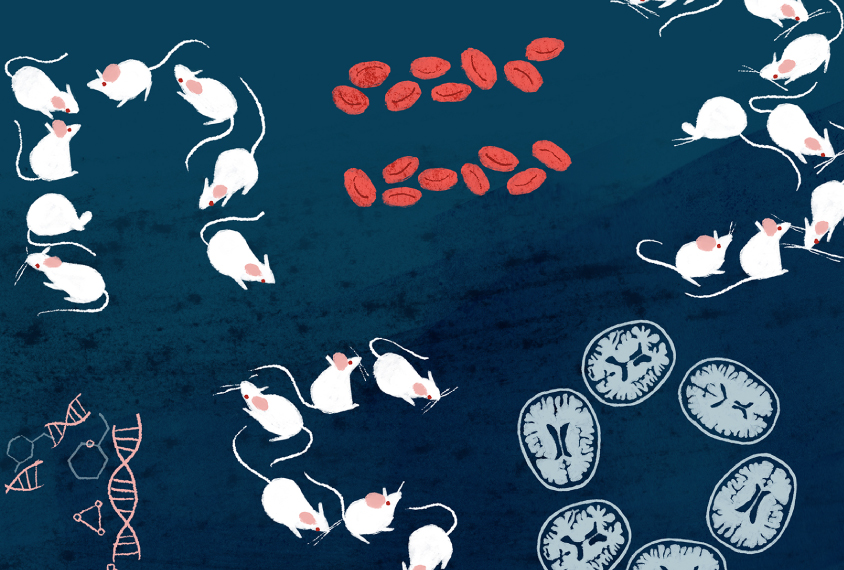
For studies, size matters: Let us count the ways
Preprint server bioRxiv gets boost from Facebook billionaire
The Chan Zuckerberg Initiative has pledged to provide financial support for bioRxiv, a website where researchers can share manuscripts before peer review.

Preprint server bioRxiv gets boost from Facebook billionaire
Book review: ‘Rigor Mortis’ reveals rampant sloppiness in science
In his new book, journalist Richard Harris writes that lack of reproducibility in research poses a serious threat to science.
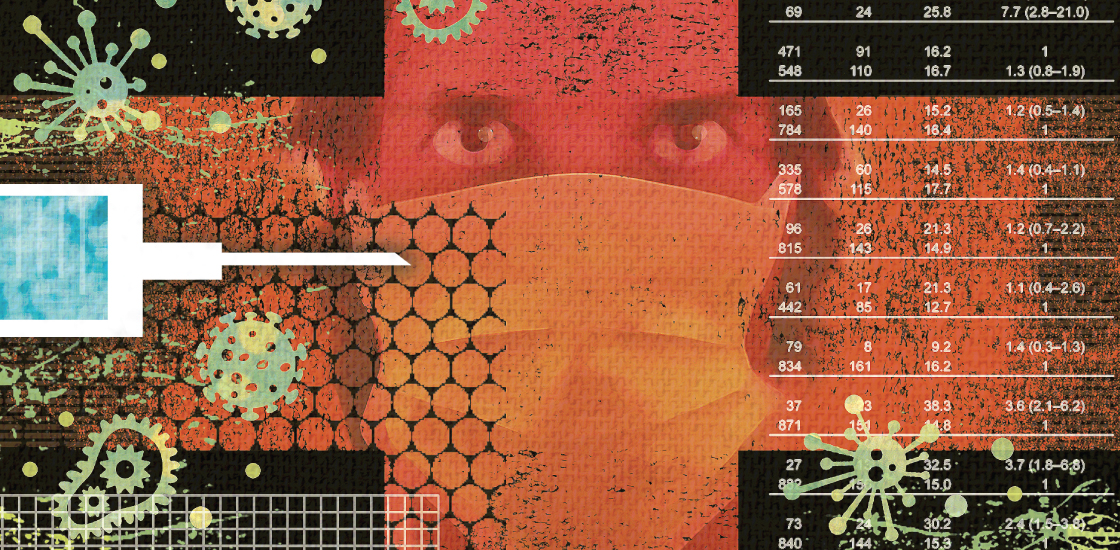
Book review: ‘Rigor Mortis’ reveals rampant sloppiness in science
Rising star: Somer Bishop fine-tunes autism diagnosis
Somer Bishop is launching a revolution in autism diagnosis, creating faster, more precise tools that speed research and better capture the full spectrum of autism symptoms.
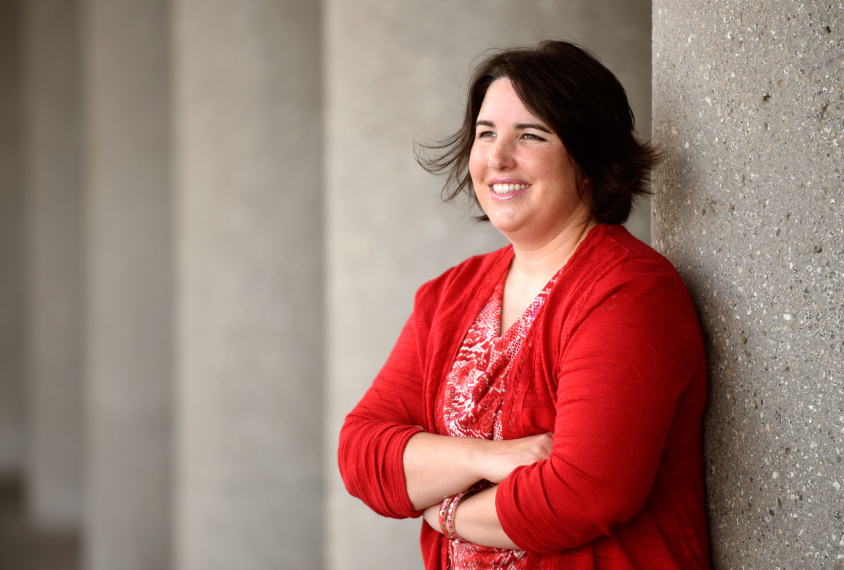
Rising star: Somer Bishop fine-tunes autism diagnosis
Explore more from The Transmitter
Rat neurons thrive in a mouse brain world, testing ‘nature versus nurture’
Neurons from the two rodents can wire up together to form functional circuits—all while maintaining some species-specific properties, two new studies show.
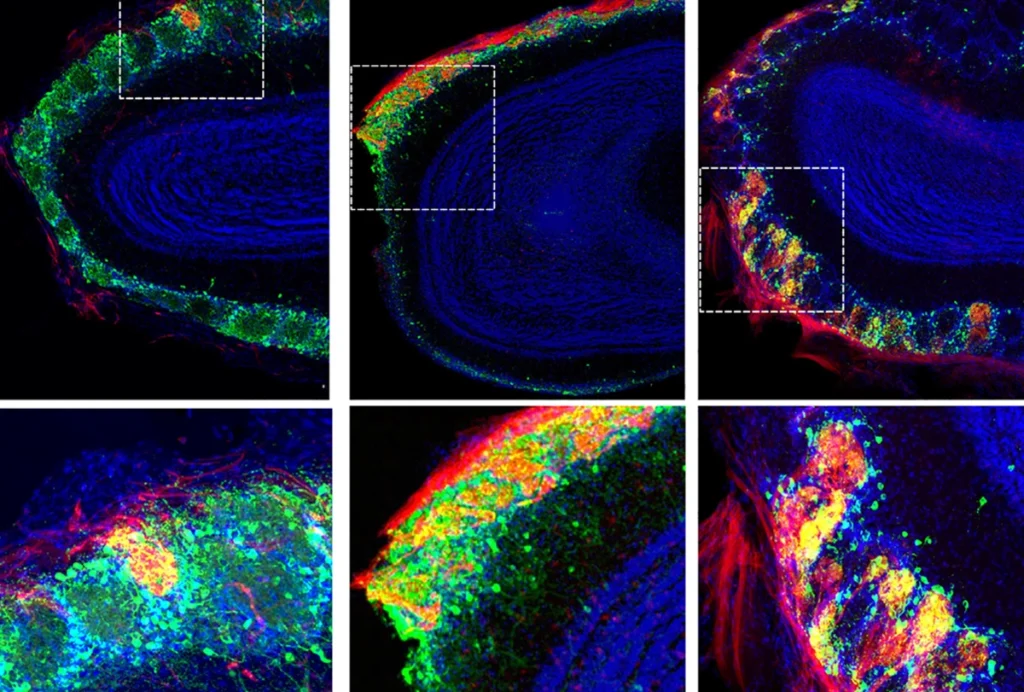
Rat neurons thrive in a mouse brain world, testing ‘nature versus nurture’
Neurons from the two rodents can wire up together to form functional circuits—all while maintaining some species-specific properties, two new studies show.
It’s past time to stop using the Reading the Mind in the Eyes Test
The widely used measure of “theory of mind” needs to be re-examined, along with the long-standing claim that autism is linked to a lack of this ability.
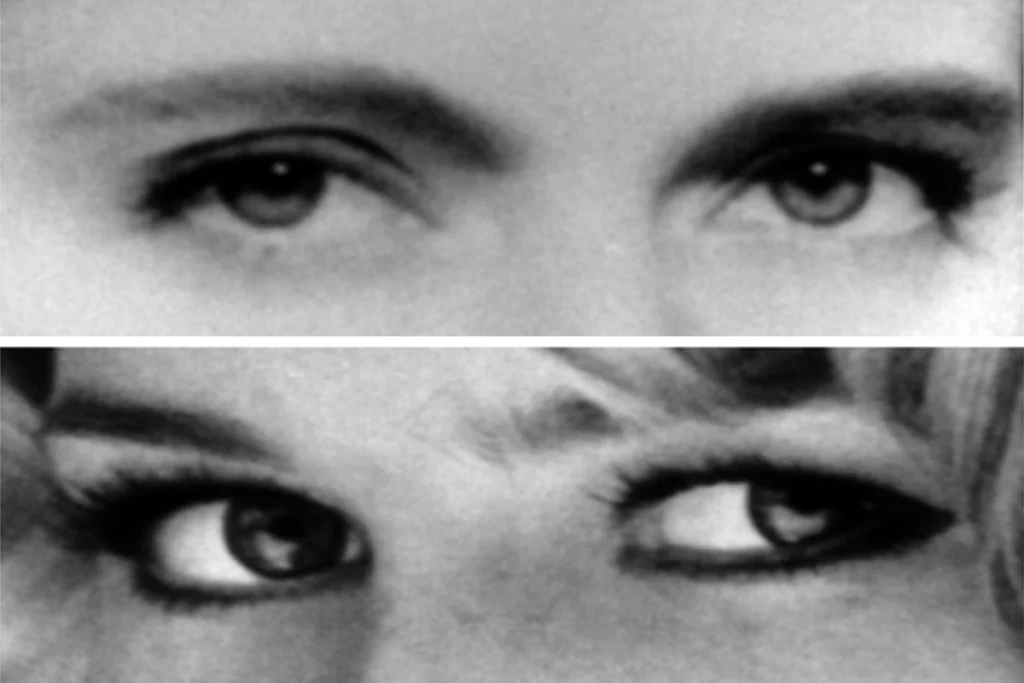
It’s past time to stop using the Reading the Mind in the Eyes Test
The widely used measure of “theory of mind” needs to be re-examined, along with the long-standing claim that autism is linked to a lack of this ability.
Robots boost data consistency in rodent studies reliant on mechanical, optogenetic stimulation
Two new devices take experimenter variation out of the equation, the lead investigators say.
Robots boost data consistency in rodent studies reliant on mechanical, optogenetic stimulation
Two new devices take experimenter variation out of the equation, the lead investigators say.